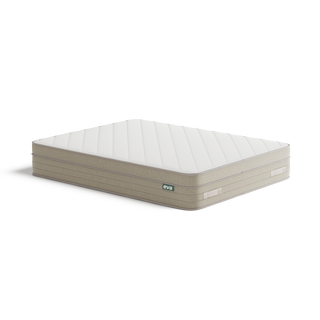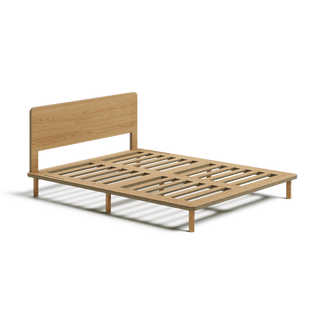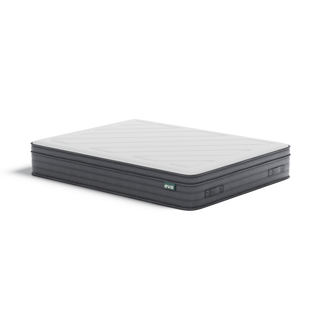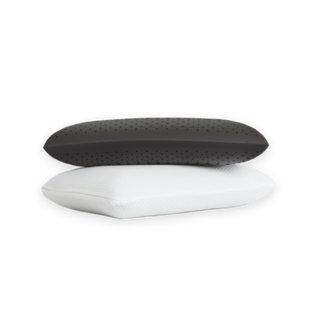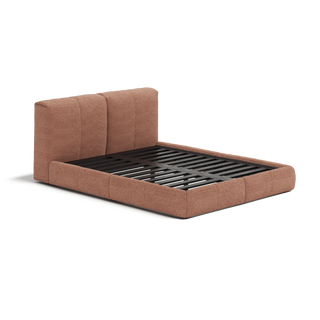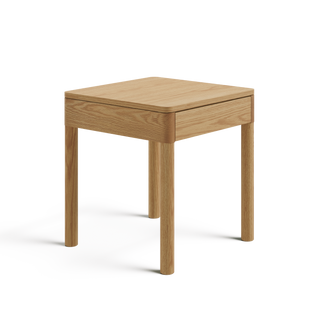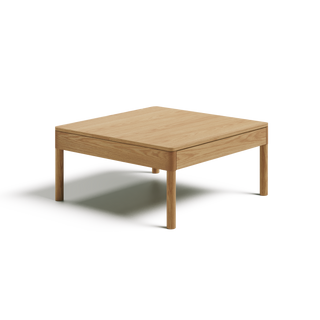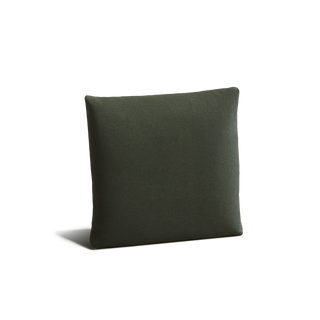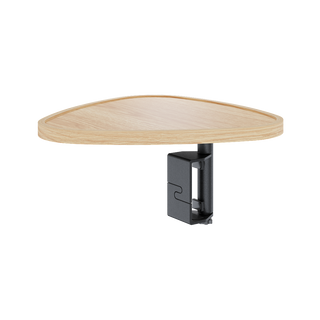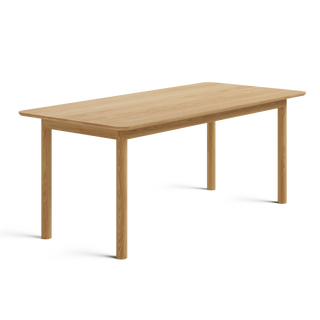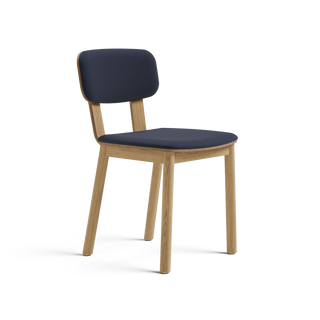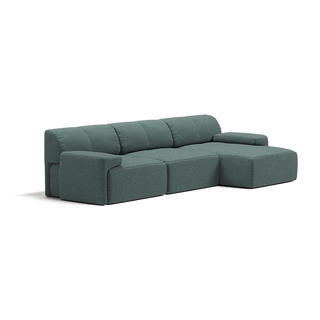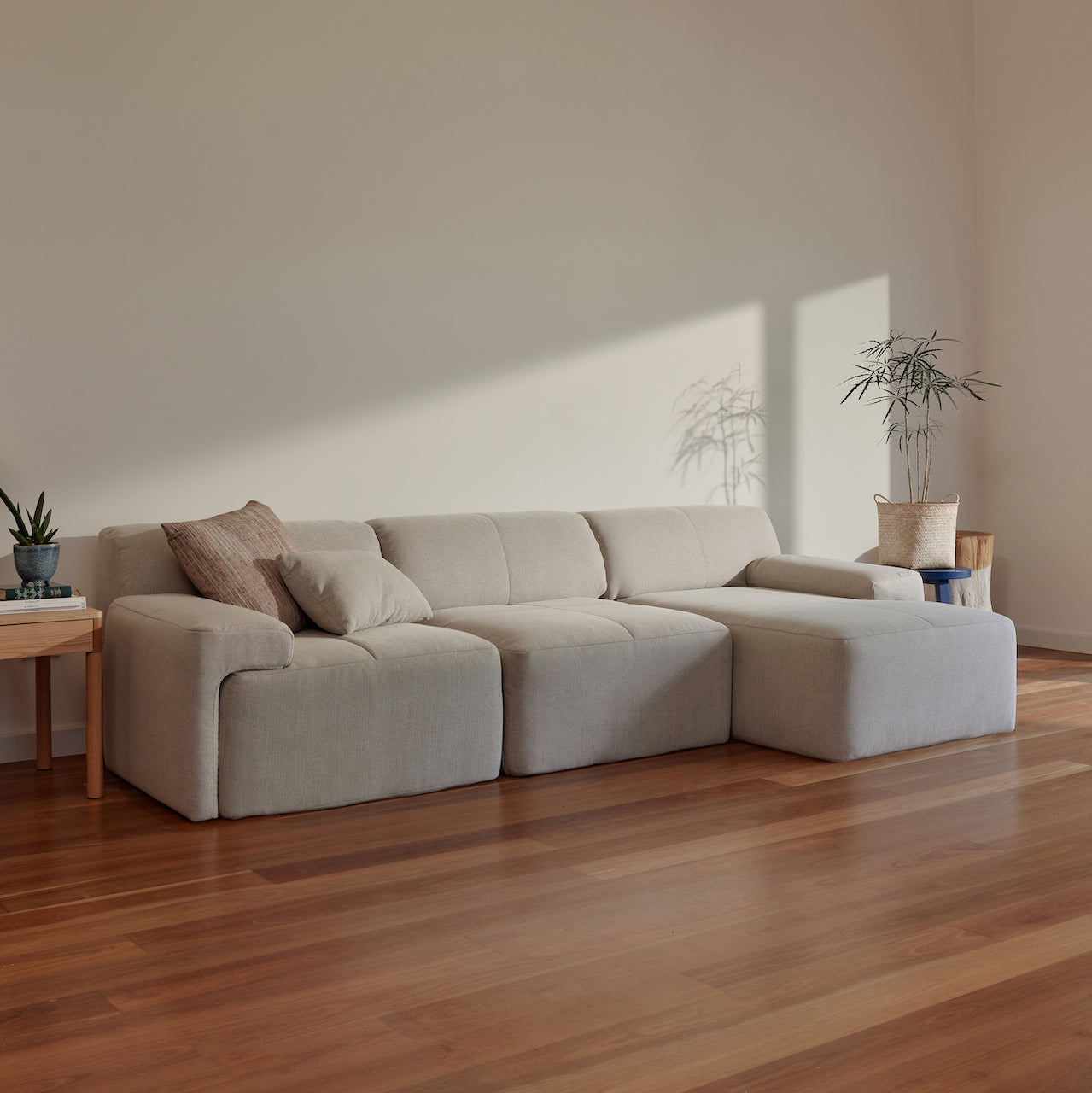We’ll be the first to admit that our nightly routine consists of jumping into bed, grabbing our phone and scrolling through social media as a way to wind down and catch up on everything we’ve missed after a busy day. But according to the Australia Talks Survey conducted by the ABC, “eighty-nine per cent of respondents said technology was having a negative effect on Australians when it comes to sleep.”

As inhabitants of the 21st century, having a portal of information at our fingertips means it’s easy to grab our phones to google an obscure half-asleep thought. While it feels pressing to search if your 3am genius idea has been done before, and if you could be featured on Shark Tank, we’re here to tell you to resist the urge to pick up your phone, and consider keeping a notepad and pen at your bedside to revisit your thought in the morning.
How technology isn’t a tool for sleeping
When we hop into our cozy beds and our bodies begin to relax, our brains release the hormone melatonin. Melatonin’s primary function is to regulate the body’s sleep-wake cycle, and it's worst enemy is the blue light that's emitted from our phone screens.
A few ways in which blue light emissions affect our sleeping patterns are:
- It actively delays melatonin production
- Increases general alertness by stimulating the brain to think it’s awake
- Delays the body’s natural circadian rhythm
- Impacts the amount of time we enter REM sleep, which can lead to feeling tired throughout the day, even when we’ve had a full eight hours
The impact on REM sleep is perhaps the top reason why we don’t wake feeling spritely. Roughly 20-25% of our total sleep time is spent in REM (Rapid Eye Movement) sleep, and during that time REM sleep is critical for:
- Reconsolidation of memories
- Learning and emotional processing
- Recovering tissue damage
- Re-energising the immune system
- Detoxifying the brain
Without a solid amount of time spent in REM, we wake feeling grumpy, sluggish and find ourselves feeling distracted throughout the day.
Creating a new nightly routine for better sleep
While we know it’s easier said than done, tailoring a new nightly routine that doesn’t involve screen time can have some serious benefits. Consider your favourite activities that help you to feel more relaxed. They could be:
- Journaling
- Meditation
- Light stretching
- A long bath/shower
- Reading a book
- Listening to relaxing music
- Sipping on a caffeine-free tea
- Or all of the above
What’s important is to think about why you’re using your phone in bed. If it’s because when you get into bed you aren’t feeling tired, then sit up in the lounge until you’re ready to sleep. That way, when you lay down and are ready to hit the hay, your brain knows it’s time for rest.
Resist the urge of the bedtime scroll
If you still find yourself reaching for your phone, consider putting it away from arms length or in another room if you have to. Or if you really, truly, desperately have to check your phone in bed, pop it on a night time setting and switch it from blue light to yellow.
They say it takes 66 days to create a new habit. So put your phone down, give your new routine a couple of months and see the change for yourself. You deserve a solid sleep, and don’t let your tech tell you otherwise.

